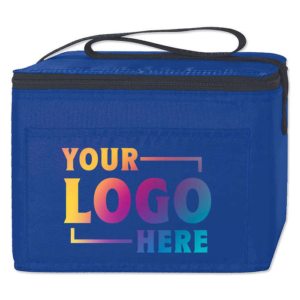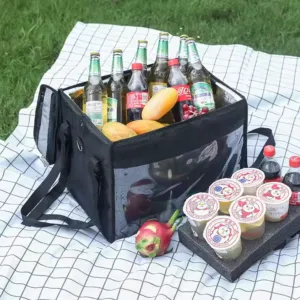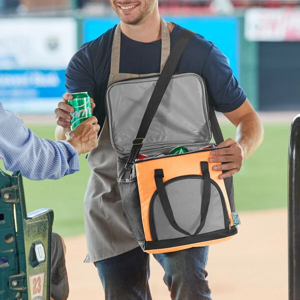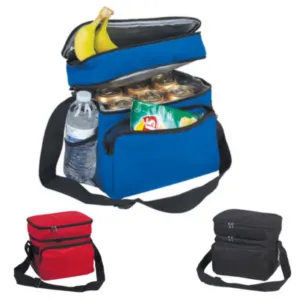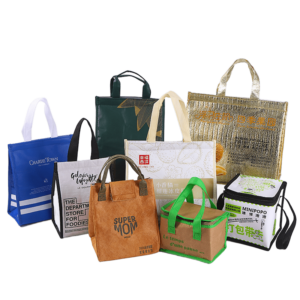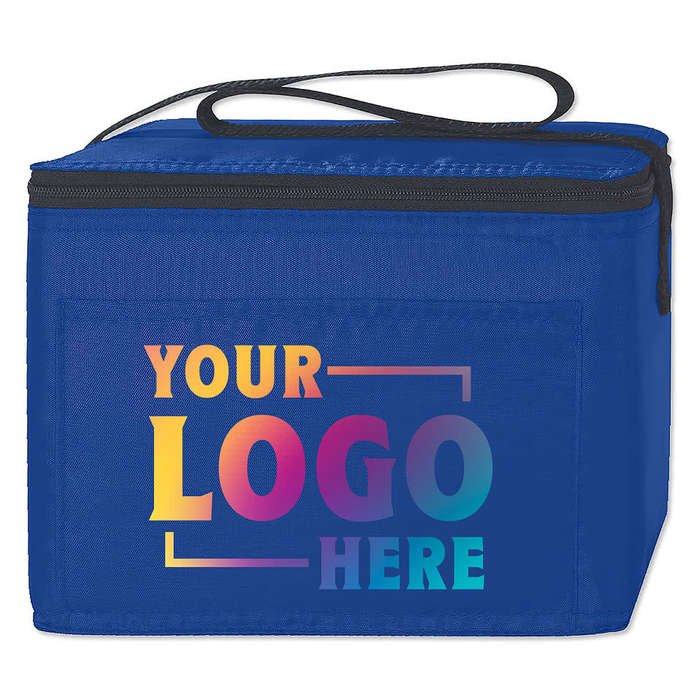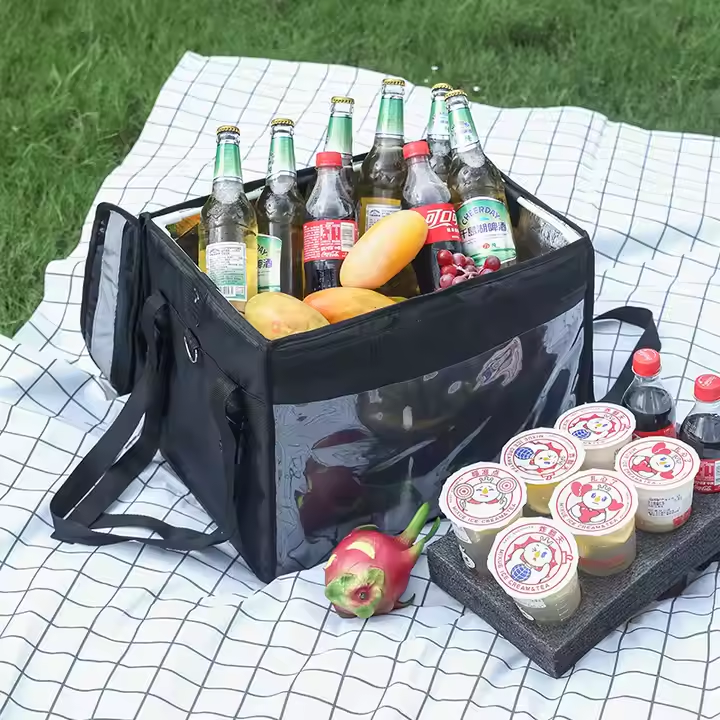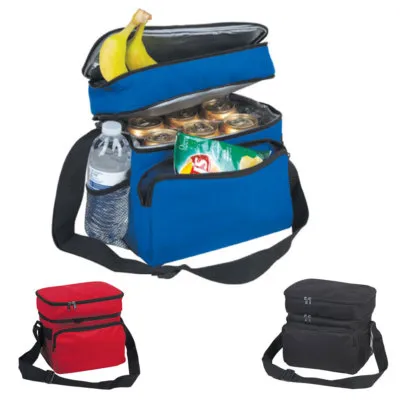Printing plays a key role in cooler bag customization1. Companies use different methods depending on design complexity2, fabric type, cost, and durability3. Understanding the main printing techniques4 helps buyers choose the best option for their brand promotion.
What Printing Methods Are Commonly Used on Cooler Bags?
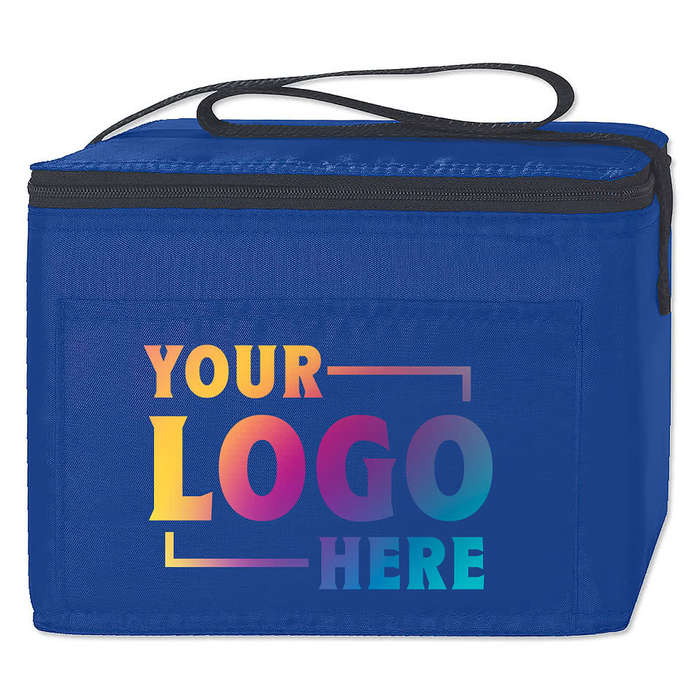
Common printing methods for cooler bags include screen printing, hot stamping, digital printing5, sublimation, rotogravure, and heat transfer. Each method has unique benefits depending on design and fabric type.
Printing is essential for branding cooler bags6. Keep reading to discover the advantages and limitations of each method.
Screen Printing
Screen printing is one of the oldest and most trusted methods for printing logos on cooler bags. It works by pushing ink through a mesh screen onto the surface of the fabric.
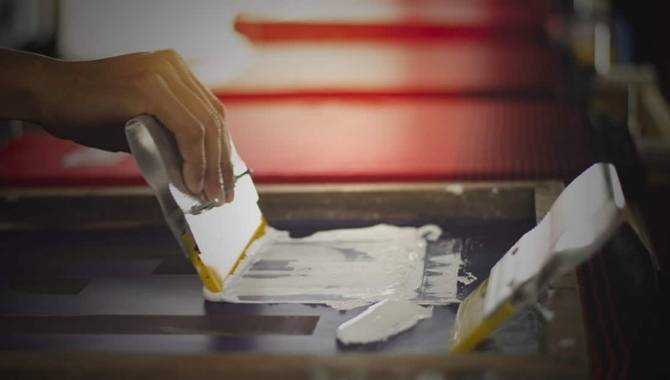
Why Screen Printing Works Well
Screen printing is cost-effective7 and fast for simple designs. It is especially good for logos with only one to three solid colors. The method is compatible with polyester, nylon, and non-woven fabrics, which are all popular in cooler bag manufacturing.
Strengths and Limitations
| Aspect | Advantage | Limitation |
|---|---|---|
| Cost | Affordable for bulk orders | Expensive for multi-color logos |
| Durability | Long-lasting, vibrant colors | Not suitable for gradients |
| Compatibility | Works on polyester and nylon | Less effective on textured surfaces |
Screen printing is often chosen by supermarkets, food delivery services, and promotional companies8 that need large quantities of cooler bags with simple, bold branding. Buyers should note that while colors are bright and durable, detailed logos with shading may not reproduce well. This makes screen printing best for straightforward corporate logos.
Hot Stamping
Hot stamping uses heat and pressure to transfer metallic or colored foil onto the fabric. It creates a glossy effect that makes logos stand out.
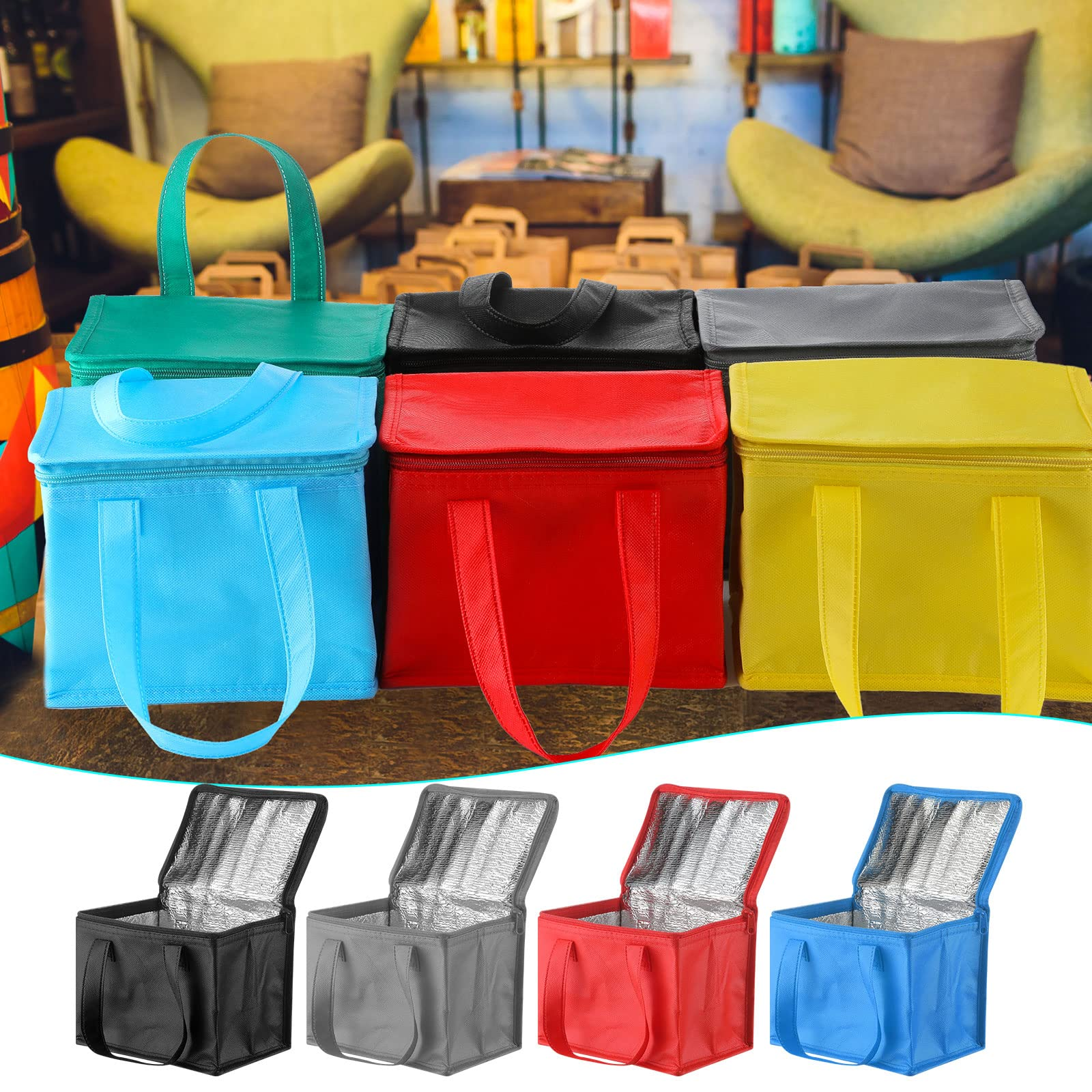
Why Hot Stamping Is Attractive
Hot stamping provides a shiny and premium look, which is appealing for gift bags or cooler bags used for high-end promotions. It works on many fabrics, including non-woven, polyester, nylon, PU, and PVC.
Strengths and Limitations
| Aspect | Advantage | Limitation |
|---|---|---|
| Look | Shiny, eye-catching effect | Limited to smaller logo areas |
| Cost | Moderate | Not ideal for full coverage designs |
| Durability | Good if handled with care | Foil can peel under heavy use |
Hot stamping works well when a company wants to give cooler bags as luxury gifts or event merchandise. For example, beverage brands often choose this technique to highlight their logo with a metallic finish. However, it is not the right choice for full-color or large designs.
Digital Printing and Sublimation Printing
Digital printing and sublimation are two modern printing methods that allow for full-color, high-resolution designs.
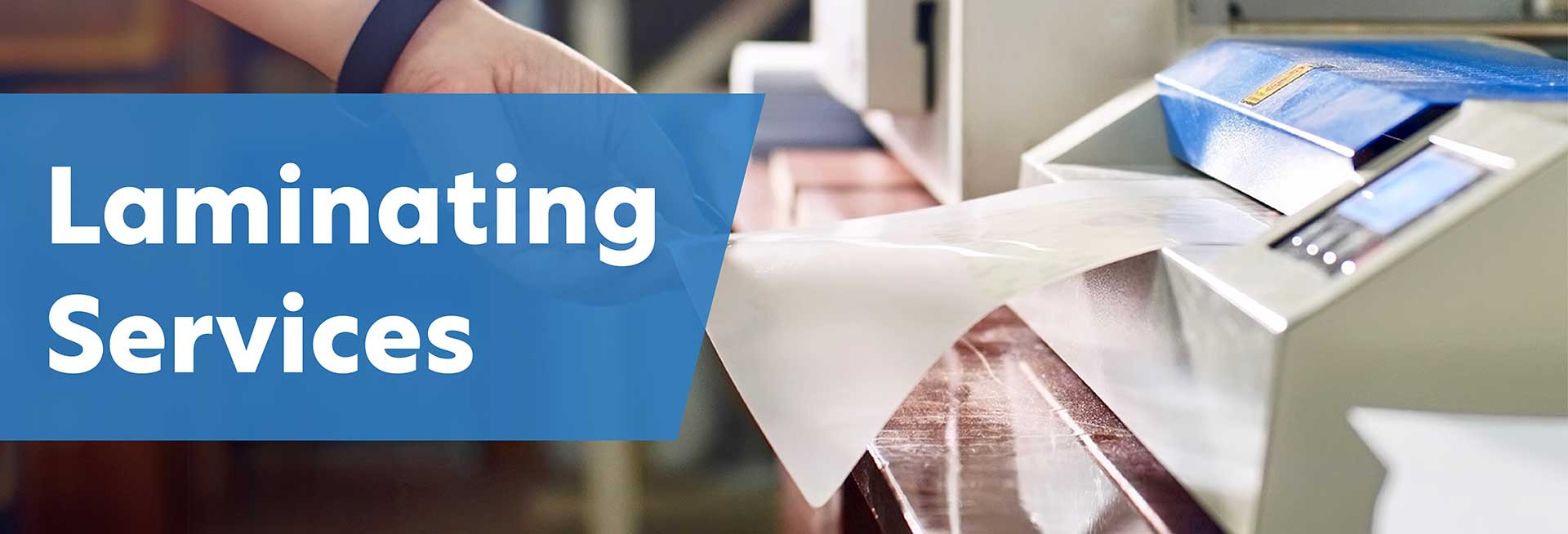
Digital Printing
Digital printing uses specialized printers to print directly onto fabric or transfer sheets. It is flexible, fast, and perfect for small quantities or prototypes.
Sublimation Printing
Sublimation printing uses heat to transfer dye into the fibers of polyester fabric. The result is a vibrant, permanent print that will not crack or fade.
Comparison
| Feature | Digital Printing | Sublimation Printing |
|---|---|---|
| Best For | Small runs, samples | Large bulk orders |
| Fabric Type | Most coated fabrics | Polyester, PET |
| Color Quality | High, with smooth gradients | Very high, with strong color bonding |
| Durability | Good | Excellent, long-lasting |
Digital printing is ideal for small business trials, while sublimation is the choice for large-scale production. Both methods allow creative freedom, enabling gradient logos, photo-quality prints, and all-over patterns. Sublimation is especially common for sports cooler bags and promotional bags where bright, all-over designs are required.
Rotogravure Printing
Rotogravure printing is mainly used on PP woven and non-woven cooler bags. The process involves printing designs onto a film, which is then laminated onto the bag surface.
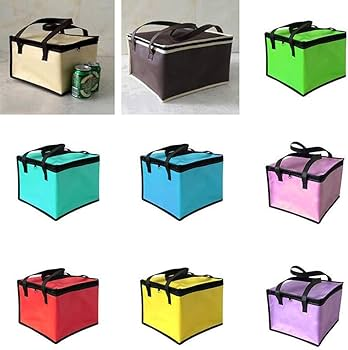
Why Rotogravure Is Preferred
This method delivers high-quality, full-color prints with excellent durability. Since the image is sealed within a laminated film, it is resistant to scratches and fading.
Strengths and Limitations
| Aspect | Advantage | Limitation |
|---|---|---|
| Print Area | Full-surface coverage | Higher setup costs |
| Durability | Very durable and water-resistant | Not cost-effective7 for small orders |
| Look | Professional, retail-ready finish | Limited to PP woven/non-woven fabrics |
Rotogravure printing is common for supermarket giveaway bags and retail promotions where the entire bag surface is covered with branding. It is a popular choice for eco-friendly reusable shopping bags sold in large chains.
Heat Transfer Printing
Heat transfer printing uses transfer paper and heat to apply designs to cooler bag fabrics. It is popular for detailed, multi-color logos.
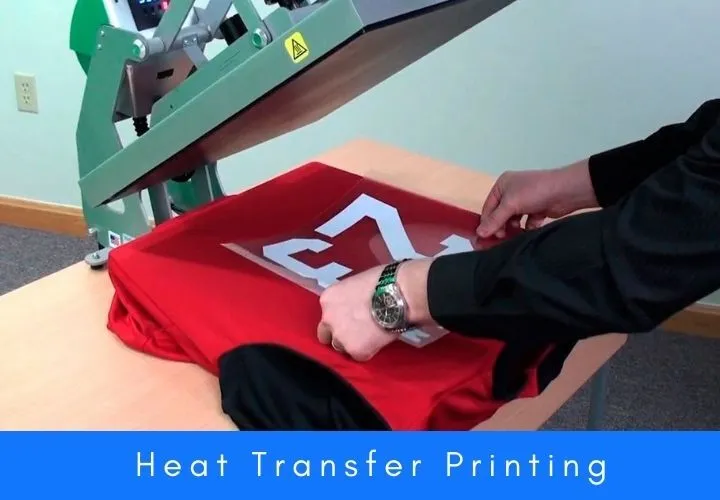
Why Heat Transfer Is Popular
This method reproduces sharp details, making it perfect for complex logos with gradients and small text. It also works on different fabrics, including polyester and cotton blends.
Strengths and Limitations
| Aspect | Advantage | Limitation |
|---|---|---|
| Print Quality | Very high, with sharp detail | Slower process for large runs |
| Durability | Strong when properly applied | May peel with heavy washing |
| Flexibility | Works on many fabrics | Requires extra production steps |
Heat transfer printing is ideal for medium-scale projects where brand identity requires fine details. Sports brands, schools, and event organizers often use this method for promotional cooler bags.
Other Decoration Methods
In addition to printing, cooler bags can feature embroidery9, woven labels, rubber patches, or leather patches10.
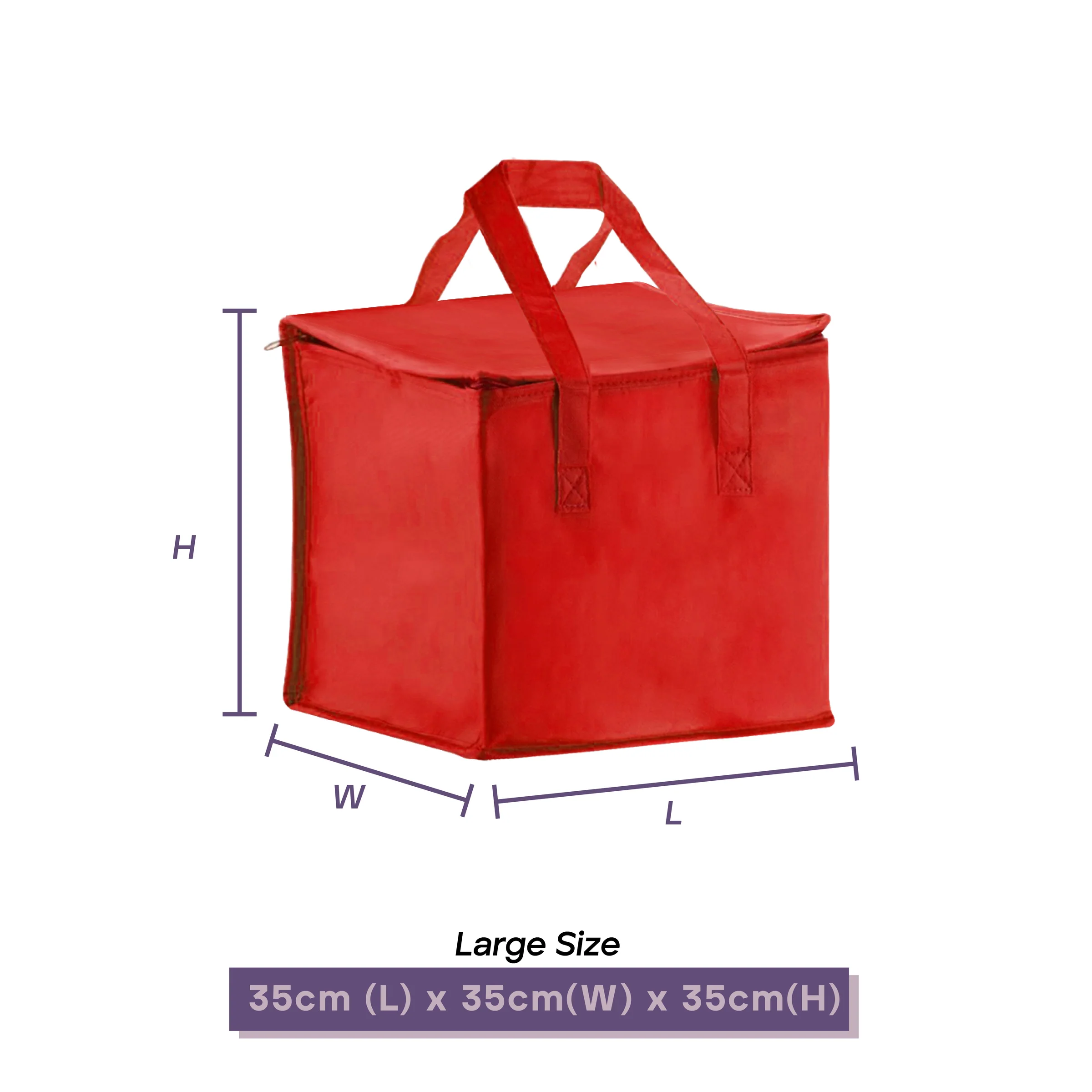
Why Choose Non-Printing Options
These methods create a premium, long-lasting effect. For example, embroidery gives a textured look, while rubber or leather patches make the cooler bag appear more stylish. However, they are usually used for small logos rather than full-surface designs.
Summary Table
| Method | Best For | Fabrics Used |
|---|---|---|
| Embroidery | Premium look, long-lasting | Polyester, cotton blends |
| Woven Labels | Discreet, professional branding | All fabrics |
| Rubber Patches | 3D effect, modern look | Most synthetic fabrics |
| Leather Patches | Classic, high-end branding | Canvas, polyester blends |
These alternatives are often chosen by fashion brands and companies that want their cooler bags to serve as lifestyle accessories rather than mass-market promotional tools.
Conclusion
Cooler bags can be customized with a wide range of printing methods, from simple and cost-effective7 screen printing to advanced sublimation and rotogravure. The right choice depends on logo complexity, order quantity, and fabric type.
As a manufacturer in China, JiaRong Packing offers custom cooler bags with multiple printing methods, ensuring that your brand stands out in every market. In my experience, customers who choose sublimation printing are always impressed with the vibrant colors, while screen printing11 remains the most practical for high-volume corporate orders.
Which printing method do you prefer for your brand? Share your thoughts in the comments below—we would love to hear your ideas.
-
Explore how customization can enhance brand visibility and customer engagement. ↩
-
Learn how the complexity of your design influences the printing method selection. ↩
-
Explore the durability of different printing methods to ensure long-lasting designs. ↩
-
Learn about various printing techniques to choose the best one for your branding needs. ↩
-
Understand how digital printing offers flexibility and high-quality designs. ↩
-
Understand the importance of branding in promoting your cooler bags. ↩
-
Find out which printing methods are budget-friendly for your cooler bag projects. ↩ ↩ ↩
-
Discover how promotional companies leverage cooler bags for effective marketing. ↩
-
Explore how embroidery adds a premium touch to cooler bag branding. ↩
-
Discover the classic appeal of leather patches for high-end branding. ↩
-
Discover why screen printing is a popular choice for cooler bag branding. ↩


